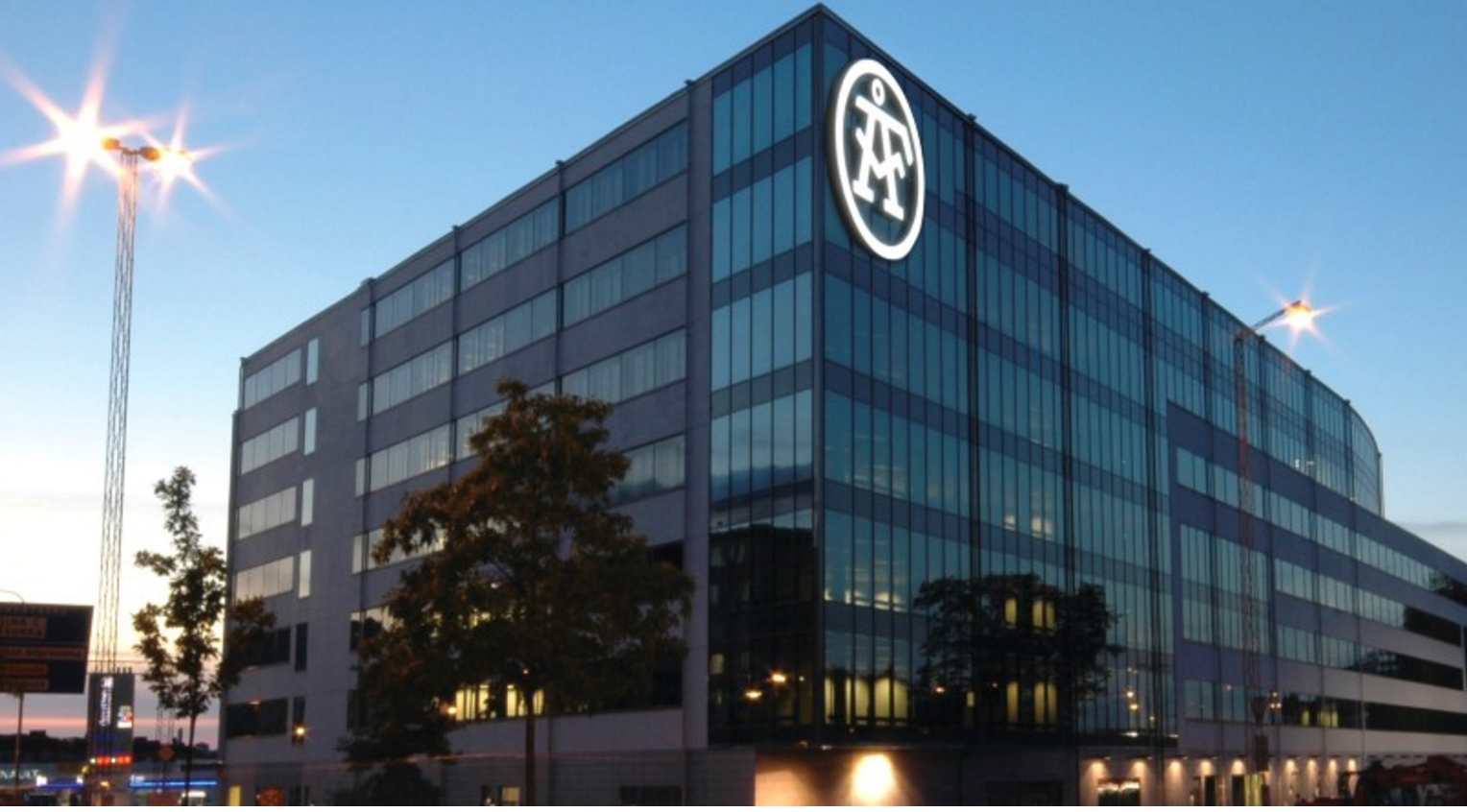Low Fuel Price Hampers Swedish LNG Transport Plans
Swedish engineering and consulting company AF Consult is working with the Swedish Port of Helsingborg to promote its goal of launching efficient, natural gas-based re-fuelling services for vessels and vehicles in the adjacent areas. The consultancy's project manager for energy, industry and infrastructure Roland Brodin spoke to NGE at a forum in Vilnius in early June.

What are the major obstacles that the Nordic and Baltic regions face, in developing alternative fuel markets and especially that for LNG?
As the European Commission has announced a package of measures to ensure the build-up of alternative fuel stations across Europe with common standards for their design and use, the efforts to provide incentives have been so far often unco-ordinated and insufficient.
Clean fuel is being held back by three main barriers: the high cost of vehicles, a low level of consumer acceptance, and the lack of recharging and refuelling stations. It is a vicious circle. Refuelling stations are not being built because there are not enough vehicles. Vehicles are not sold at competitive prices because there is not enough demand. Consumers do not buy the vehicles because they are expensive and the stations are not there. The EC is therefore proposing a package of binding targets on EU member states for a minimum level of infrastructure for clean fuels such as electricity, hydrogen and natural gas, as well as common EU wide standards for equipment needed.
When it comes to LNG transportation, both at sea and on inland waterways, infrastructure for fuelling vessels is still at a pretty early stage. The EC is proposing that these refuelling stations be installed in all 139 maritime and inland ports on the TransEuropean Core Network by 2020 and respectively 2025. These are not major gas terminals, but either fixed or mobile refuelling stations. This covers all major EU ports.
To be able to meet this ambitious goal, an effective infrastructure must be developed from the source to the end customer. Our belief in Helsingborg is that Klaipeda Nafta’s floating storage and regasification unit Independence will play a major role in this. The possibility of using Klaipeda as a northern hub is very encouraging for us as we try to set up a regional infrastructure in south of Sweden.
The Swedish Port of Helsingborg and the Lithuanian port of Klaipeda, as parts of the core network of maritime ports on the Scandinavian-Mediterranean and North-Baltic Sea Core Network Corridors respectively, have united efforts in developing a project,called Hekla, which aims to build infrastructure facilities to provide LNG as an alternative fuel in the Port of Helsingborg and Klaipeda Nafta through LNG bunkering vessels.
What is the perception of Klaipeda LNG terminal in Sweden?
We in Helsingborg have worked with Klaipeda Nafta for several years carrying out common EU projects and we are very impressed by their determination, effectiveness and knowledge. Lithuania’s floating LNG storage has been a success regarding the pricing of gas in Lithuania and it make ways for further development of the LNG business in the Baltic region.
What other LNG market developments worldwide and regionally are to be watched as potential impact makers on the Swedish and Lithuanian LNG markets?
One major issue is if the EC will put pressure on the member states to follow the clean fuel strategy.
In Sweden we need to know the long term tax conditions for CNG LNG, compressed biogas (CBG) and liquefied biogas (LBG) for on shore transportation and to industry. Initially most of the terminals that will supply the ships with LNG need an initial offtake to onshore transportation and to industrial users. The adverse tax condition will put an end to our plans in Helsingborg to establish a maritime LNG terminal. This will of course mean that the market for Klaipeda Nafta’s LNG services to Sweden will shrink.
We see good signs, however. Swedish ship owners are retrofitting their ships by installing dual fuel machinery, making the ships ready for using LNG when the marine gasoil price goes up. It would be encouraging if the Swedish government would be active in setting up conditions making it possible to speed up the change to more environmentally fuels for on shore and off shore transportation, as the Finnish government is doing.
Today, the low MGO price and the lack of suitable LNG trucks on the Swedish market are the greatest challenges of the Swedish LNG market.
Can you point out to any shortcomings, if any, of the Klaipeda LNG facility? How do you believe they can be straightened out?
FSRU Independence already has already lowered the price for LNG in Lithuania. It was very impressive to see how fast the process from decision to operation was. Shortcomings are not in any way what we think about the facility. For us, it is a total success.
The possibility of making storage to a LNG hub in Klaipeda is now under development as a second phase. We are sure that it will also be a success.
Linas Jegelevicius


